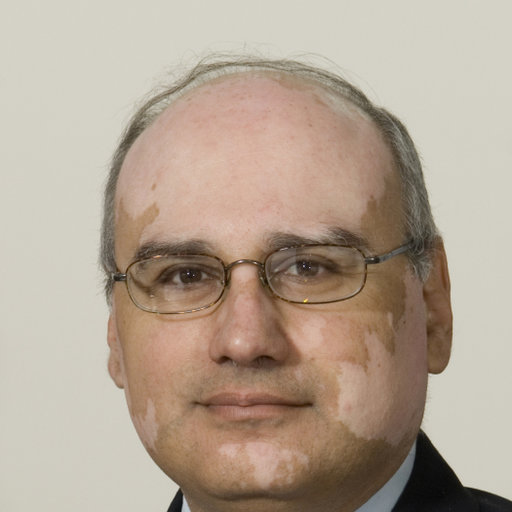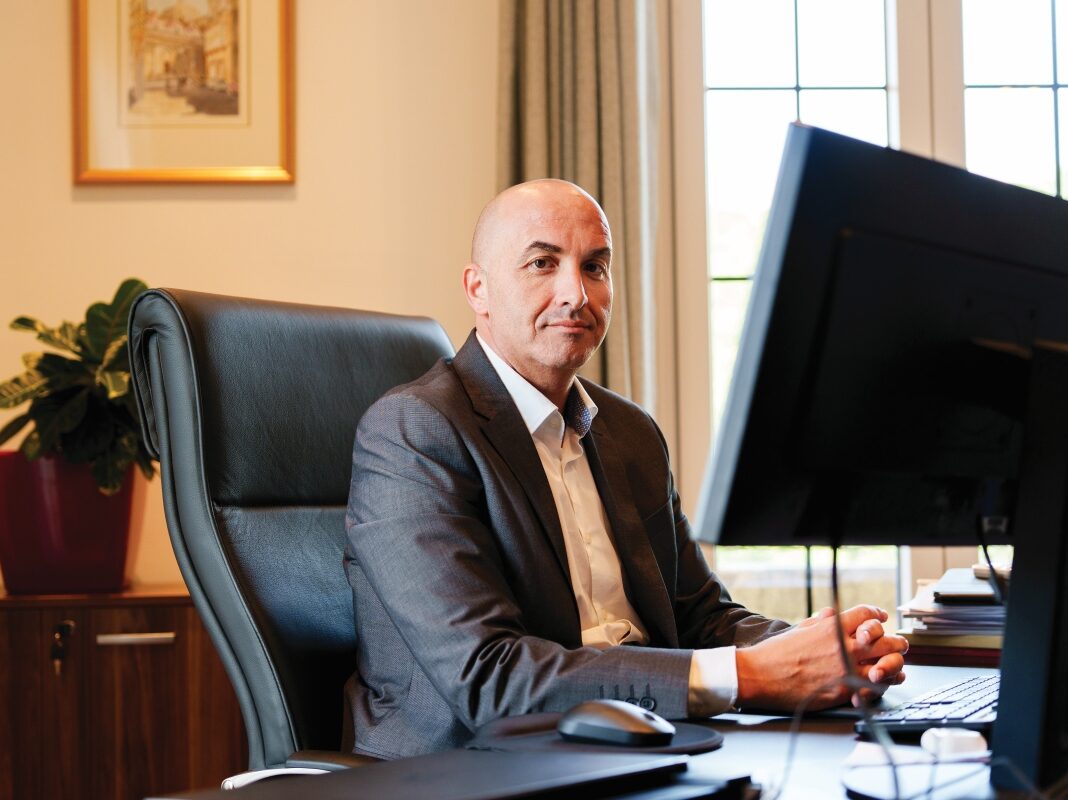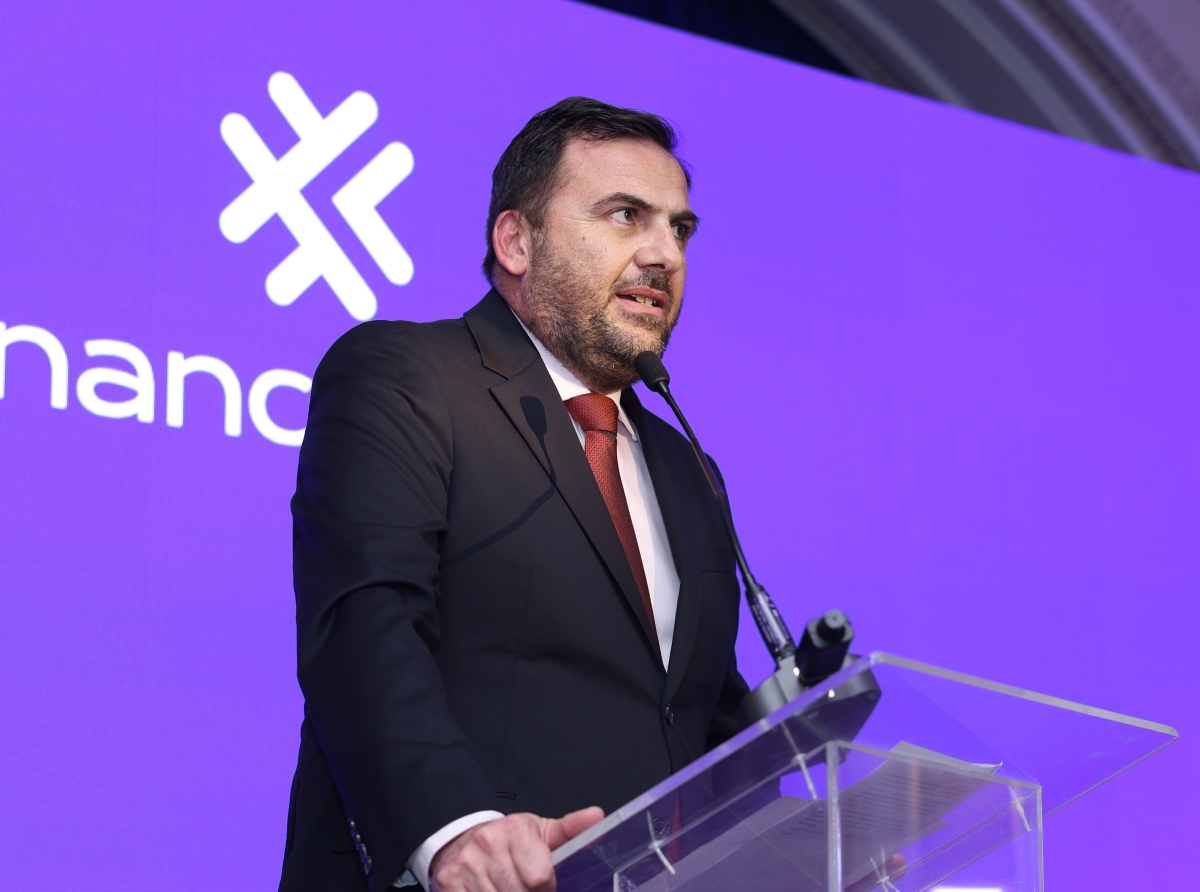In the UK’s Budget, released last week, the country’s Government announced the hiking of the country’s minimum wage by 59p (69¢), to bring the legal minimum hourly rate of pay for workers over 23 years old in the country to £9.50 (€11.18).
In Malta’s equivalent Budget, also released in October covering the next year, the minimum wage was not increased – despite a tacit recognition by Finance Minister Clyde Caruana that the current wage is not “socially optimal”.
In its place, a Cost of Living Adjustment of €1.75 weekly was announced, as well as a new mechanism to assist the most needy, relating to which further detail was not provided.
This means that as things stand, for adult workers in Malta, the minimum wage is €181.08 weekly, or (considering a 40 hour working week) just over €4.50 per hour – significantly less than half that of the UK.
In its Shadow Budget, the Nationalist Party has insisted that the minimum wage should increase to at least €1,000 monthly, with Shadow Finance Minister Mario de Marco insisting that the ‘living wage’ be implemented by 2026-27.
There are obvious differences between the two countries’ economies and social conditions. Their respective GDP per capitas reflect this, with Malta’s standing at $30,000, compared to the UK’s $43,000.
However, considering the challenges relating to employment that both countries face, as the pandemic (and in the case of the UK, Brexit), has seen an exodus from both of the Third Country Nationals that seem to have been propping up the labour force, some comparison could be warranted.
Recognising this, BusinessNow.mt reached out to two economists to ask for their insights on the impact of a minimum wage hike on employment and get their perspective on a prospective minimum wage hike in Malta, finding that one backed an increase, while the other stood in opposition.
Rising labour costs?

Starting by providing a broad economic overview, Philip von Brockdorff, head of Economics at the University of Malta, emphasises the uniqueness of the current situation, stating that post-pandemic, Malta is experiencing a recovery “like no other,” very differently from the financial crash in 2008.
“This is a consumption-driven growth with demand outstripping supply for many products and this is causing price hikes including in the labour market particularly for jobs requiring specialist skills or licences such as lorry drivers,” he explains.
He acknowledges the existence of apparent labour shortages in some sectors, but points out that the number of third-country nationals active in Malta’s labour market is one of the highest in Europe.
Third-country nationals, he points out, are often those working in ostensibly low-skilled work, with pay hovering around minimum wage, arguing the these workers are generally willing to accept wages around this level, especially if they are sharing living expense, like rental costs.
Thus, he acknowledges that employment costs would rise, should the minimum wage be increased.
A ‘muted’ effect on employment levels

JP Fabri, a prolific local economist and co-founder of boutique advisory firm Seed Consultancy, questions whether an increased minimum wage would even raise employment levels, emphasising that a full breadth of evidence needs to be considered when discussing the wage.
As things stand, he explains that current evidence suggests that minimum wage hikes don’t seem to increase employment levels.
“The most up to date body of research from US, UK and other developed countries points to a very muted effect of minimum wages on employment,” he says.
He acknowledges that there are broad potential benefits of minimum wage policy, in terms of higher earning for low paid workers, reduced public benefits, and increased perceived fairness, but says these must be juxtaposed with some major drawbacks.
These can include reduced employment and hours for low paid workers, he argues, claiming that “of course, eventually a higher minimum wage will lower employment,” while acknowledging that in an imperfectly competitive labour market, a higher minimum wage would lower employment.
In the current situation, exactly how far one can push the minimum wage before job losses start becoming pronounced is “an empirical question,” Mr Fabri states.
Fostering economic growth?
The balance between this, however, is where the economists seem to diverge in their arguments.
While Prof von Brockdorff does concede that according to conventional economic wisdom, from a cost perspective it “may not appear to make economic sense to raise minimum wages,” he points out that the latest Nobel Prize winners in economic have proven otherwise.
These economists, he says, have successfully argued that raising a minimum wage actually supports economic growth over time, in findings “not so dissimilar” to those of a study conducted by himself and some colleagues, which found that trade union density supports economic growth in the long run.
While Mr Fabri points out that if too extreme, a minimum wage increase could actually damage employment levels by raising employment costs, Prof Von Brockdorff argues that associated risks “could be mitigated by increased efficiency and productivity,” depending on the sectors involved and how employers react to the increase in costs.
“We also need to consider the problems caused by supply constraints in international markets which are also impacting prices of imported products and materials,” Prof Von Brockdorff adds.
In conclusion
Asked for their personal views on raising Malta’s minimum wage, the economist provided different conclusions.
For Mr Fabri, while careful consideration needs to be given to the implementation of any ambitious future policy, there are better alternatives to raising Malta’s minimum wage.
Such alternatives include a “special compensatory mechanism like the one mentioned in the Budget”, he says, pointing to the aforementioned unspecified mechanism, which aims to make sure low-paid workers get compensated for higher inflation.
He also warns of the vulnerability of businesses currently, stating that “one needs to be very careful not to increase employer costs even more, as a high inflationary spiral might be set in motion.”
On the other hand, Prof Von Brockdorff says he would “of course” agree with an increase in Malta’s minimum wage, having worked for the past “six or seven years” with economists and trade unionists across the EU to propose policies and measures to improve minimum incomes across the EU.
He also points to an agreement that social partners entered into “some years ago” which resulted in an immediate increase in the minimum wages and which had to be followed up by a second proposal, based on a select number of collective agreements, to further increase the minimum wage
Furthermore, he adds, as a nation that should care about the working conditions of its workers from whichever part of the world they come from, any improvement in pay conditions would fulfil an important principle as outlined in the European Pillar of Social Rights.
What now?
It is worth pointing out that the raising of a minimum wage in Malta has been a contentious and long-debated issue in recent months and years.
According to a survey by the European Foundation for the Improvement of Living Conditions, released earlier this year, the country is one of only six EU countries where the rises in statutory minimum wages have not kept up with the growth in average wages between 2009 and 2021.
Other recent surveys have shown that cost of living in Malta has increased disproportionately in recent years, especially in terms of housing, with a quarter of residents reporting housing costs to be a “heavy burden.”
For the moment though, the Government’s perspective seems to be in line with that of Mr Fabri, with Finance Minister Clyde Caruana ruling out a living wage while businesses are “hanging by a thread.”
Leading MAPFRE Middlesea into the future
CEO Etienne Sciberras details how strategy, culture and social purpose are shaping both MAPFRE Middlesea and his leadership approach
FinanceMalta signals ‘new approach’ to promotional strategy
'FinanceMalta will place greater emphasis on equipping members with the tools needed to promote Malta effectively in priority markets'
From roses to burgers: Wolt data reveals how Malta is redefining love this Valentine’s Day
Wolt’s Valentine’s data highlights a clear shift towards private, practical gifting






